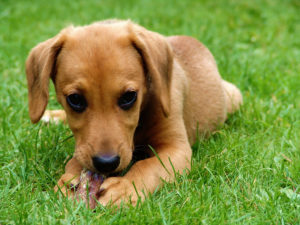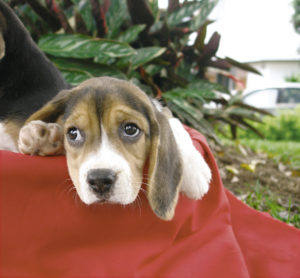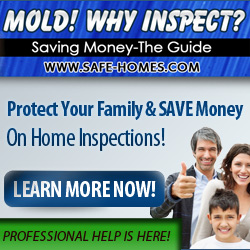Mold and Your Pet
Mold and your pet seems to be a serious problem lately. Some people do not understand the relationship between mold and their pets. Mold will affect your pet! Why you ask? They are closest to the ground level where most mold spores eventually fall from the air in your home. Animals have a smaller respiratory system and are more sensitive than people. The problem is your pet will suffer silently from mold, but he or she can’t say anything about it.
Common Effects Concerning Mold and your pet.
The most common are sneezing, dry skin, runny nose and ear infections. Let your Veterinarian know your concerns about possible allergies to mold. A lot of times the Veterinarians will misdiagnose the problem as allergies only if not informed about this possible mold problem. Talk to other pet owners and see if they have the same problem.
It is important to have your home inspected by a licensed Mold Inspector that does a full Moisture Survey and inspection of the structure if your pet is suffering from these problems.
Tips To Solve Problems of Mold and Your Pet.
If you have a pet bed, make sure you can wash it in hot water. If it cannot be washed, throw it out and buy one that can be washed. Pet beds are major location for dust mites in your home and can be a source of infestation of dust mites.
In conclusion, humans and pets can both suffer from mold allergies and symptoms. It is important to keep your home clean using a HEPA rated vacuum cleaner. Having your home inspected by a licensed Mold Inspector will help locate the problem areas. If the air in your home is clean, both you and your pet will breathe better again.
If you have any questions concerning mold and your pet, feel free to contact us at (954) 531-6476





